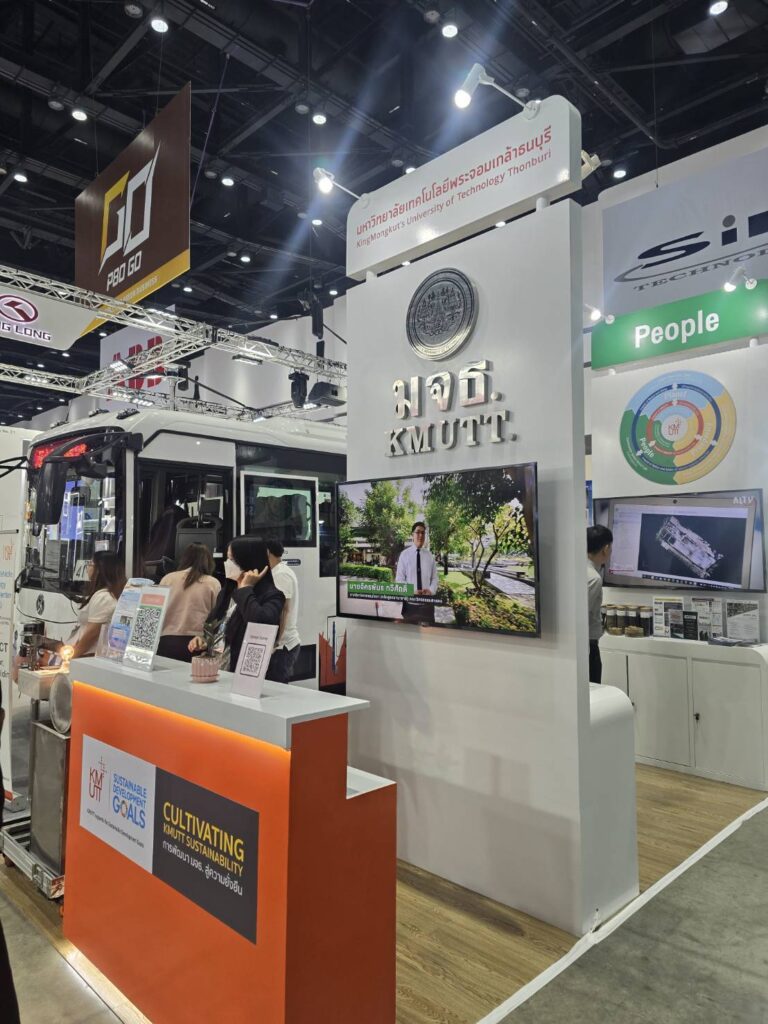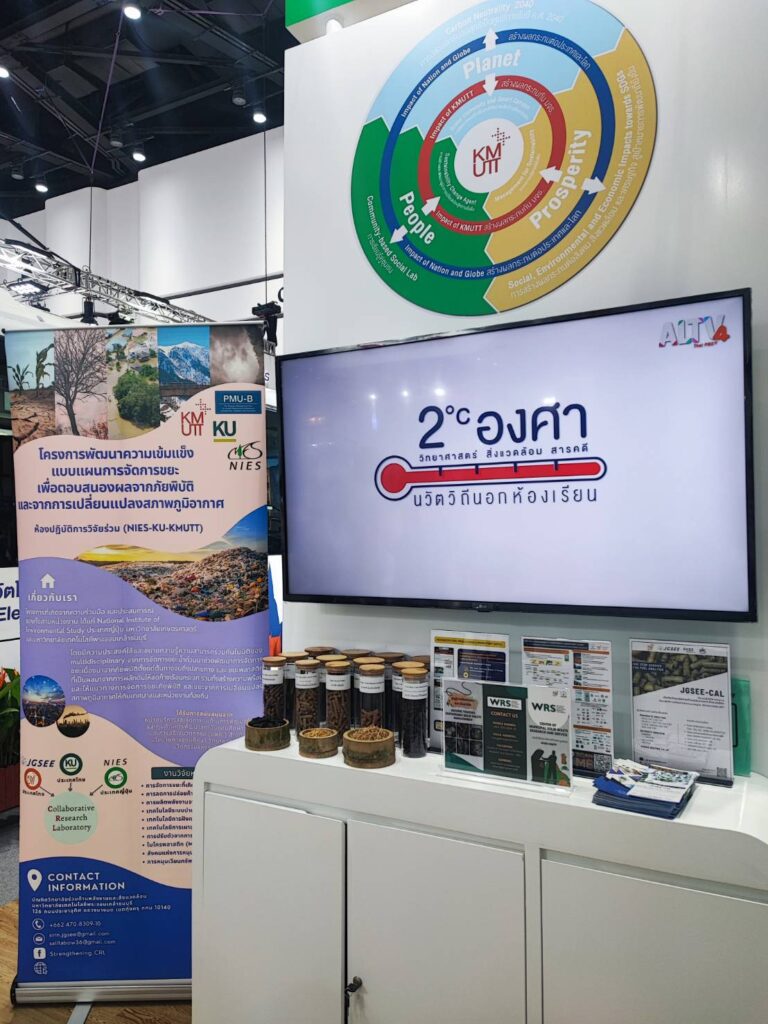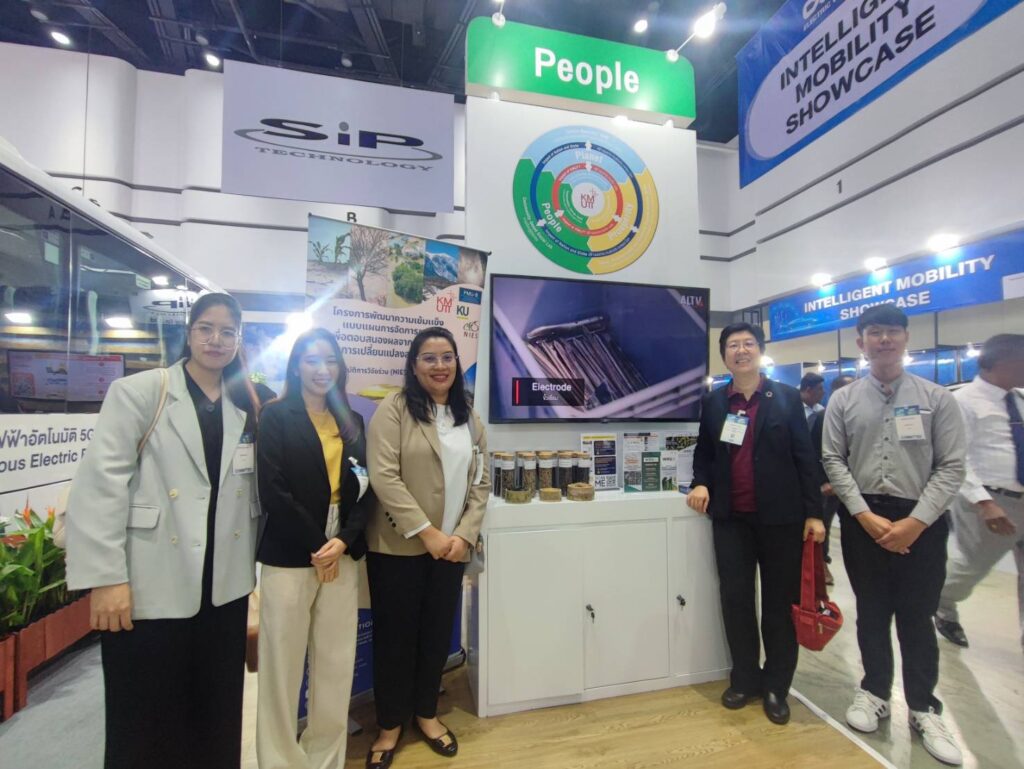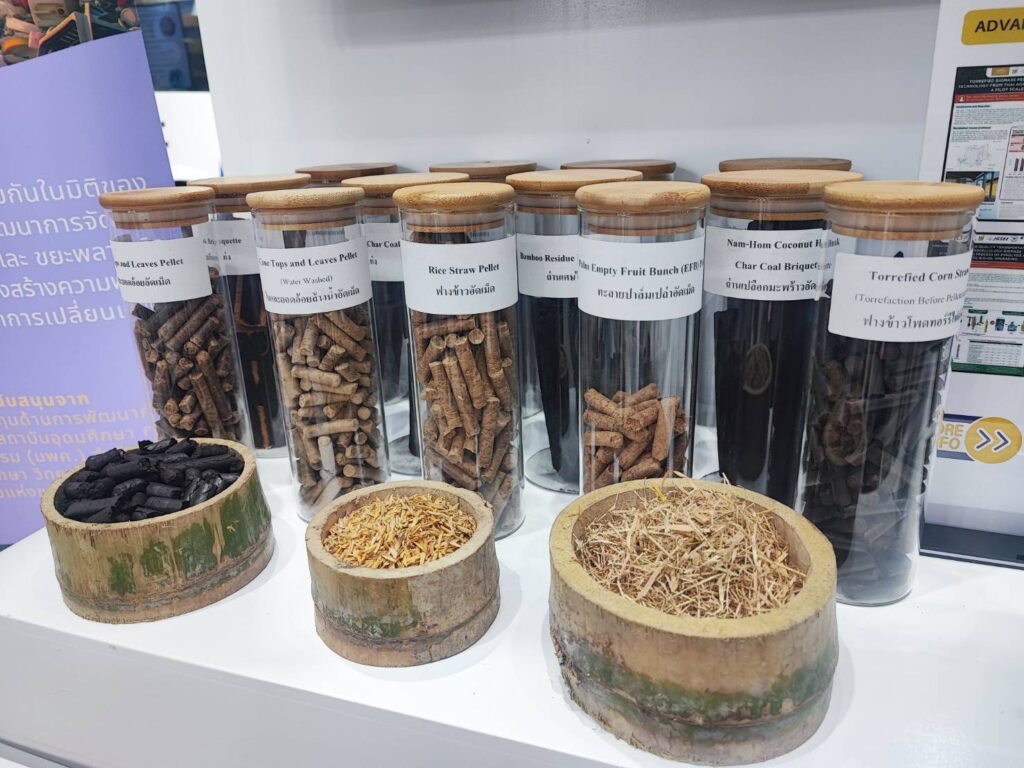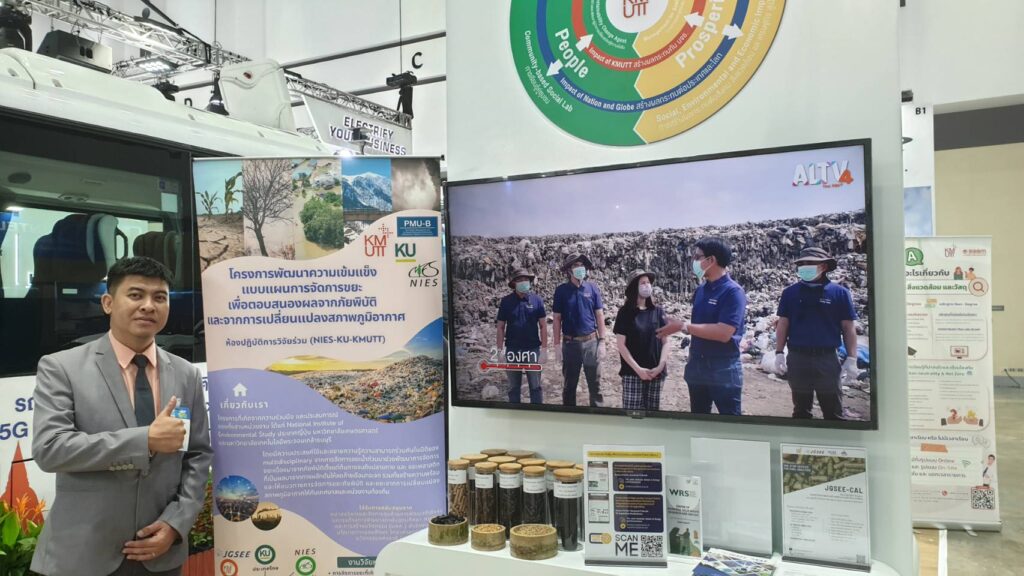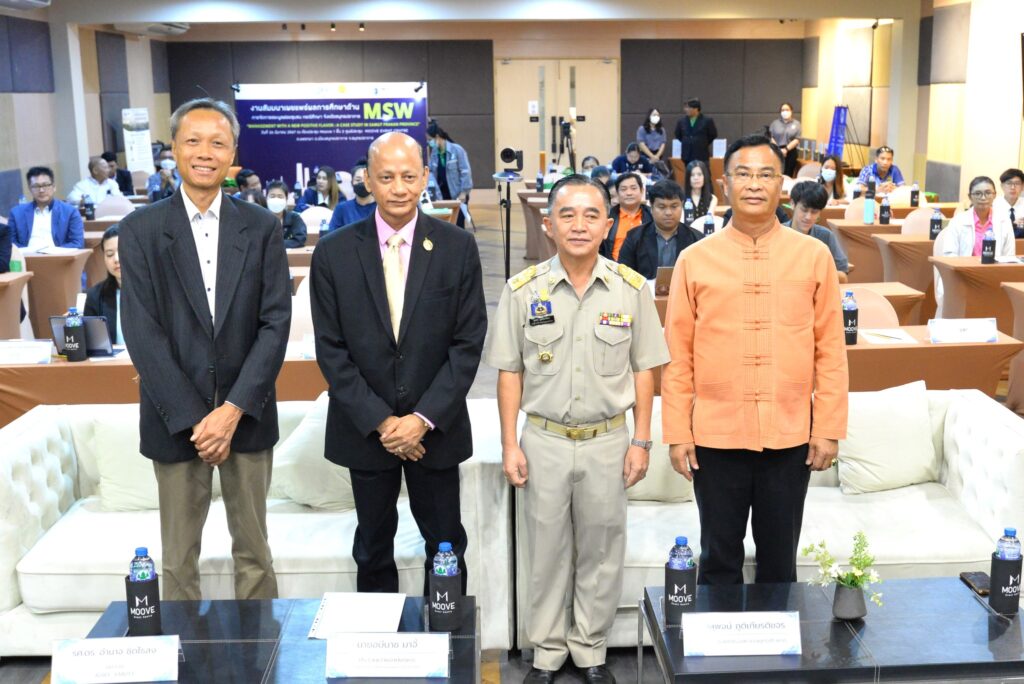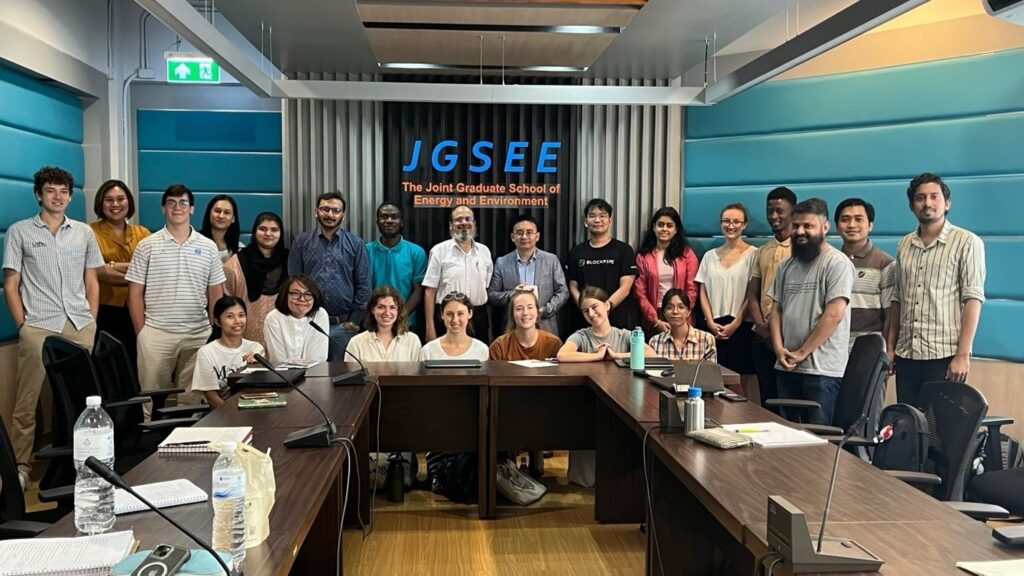The Hub of Talents to Support Net Zero GHG Emissions, in collaboration with partner organizations, recently hosted the 20th Renewable Energy Asia Conference 2024 (REA2024). The conference took place on 3 July 2024 at the Queen Sirikit National Convention Center as part of ASEAN Sustainable Energy Week (ASEW). Held under the theme “Innovating ASEAN Towards a Net Zero and Climate-Resilient Future”, REA2024 brought together engineers, practitioners, entrepreneurs, and policymakers from academia, industry, and government across the region to share information and ideas on the latest developments in renewable technologies, policies, and markets. A total of 191 participants attended this insightful conference.
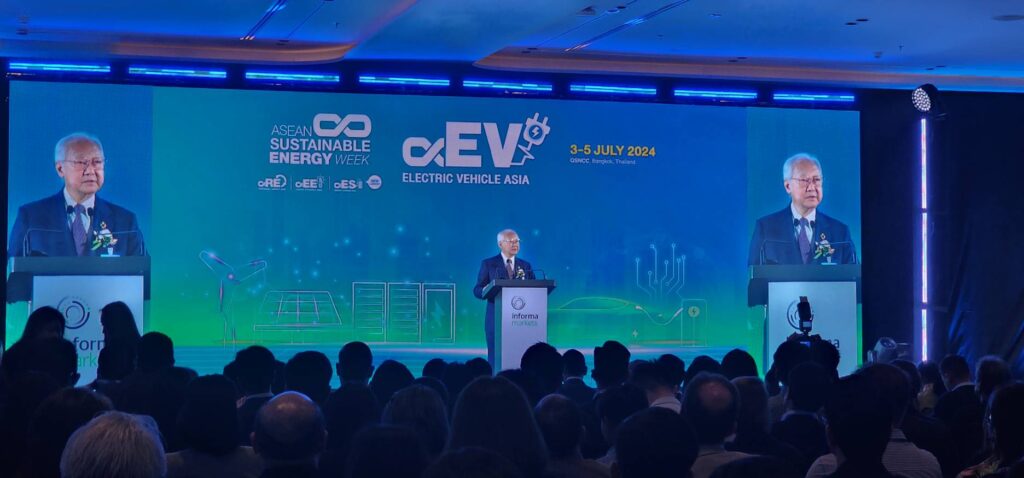
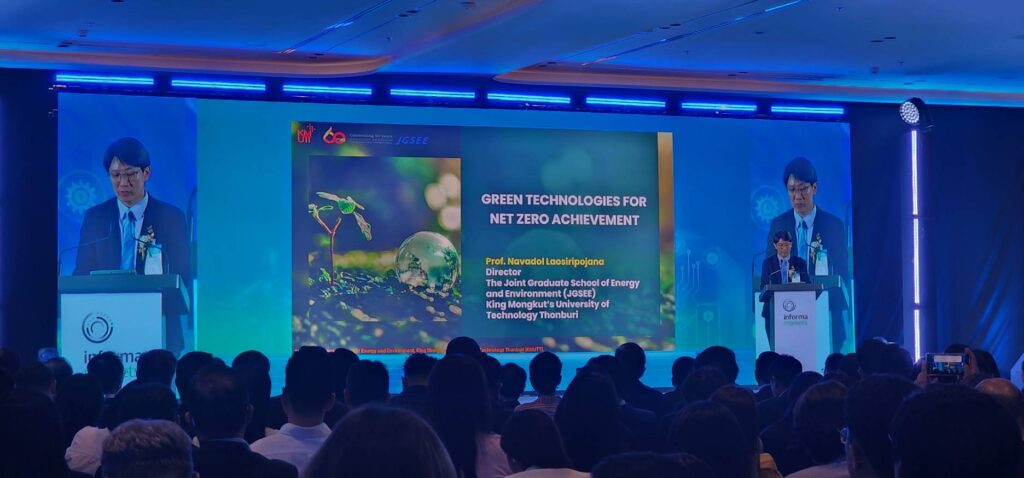
The morning plenary session included presentations from Thailand’s Ministry of Energy and industry leaders. Mr. Sarat Prakobchat, Deputy Secretary-General of the Thai Energy Policy and Planning Office (EPPO), delivered a presentation on Thailand’s New Power Development Plan 2024: A Step Closer to Net Zero. Dr. Peter du Pont, Co-Founder and Co-CEO of Asia Clean Energy Partners, focused on corporate decarbonization as a key driver of clean energy for Southeast Asia, while Dr. Frank Richter, CEO of Greenectra OÜ, Estonia presented the new EU battery regulation and discussion on the potential of second-life EV batteries.
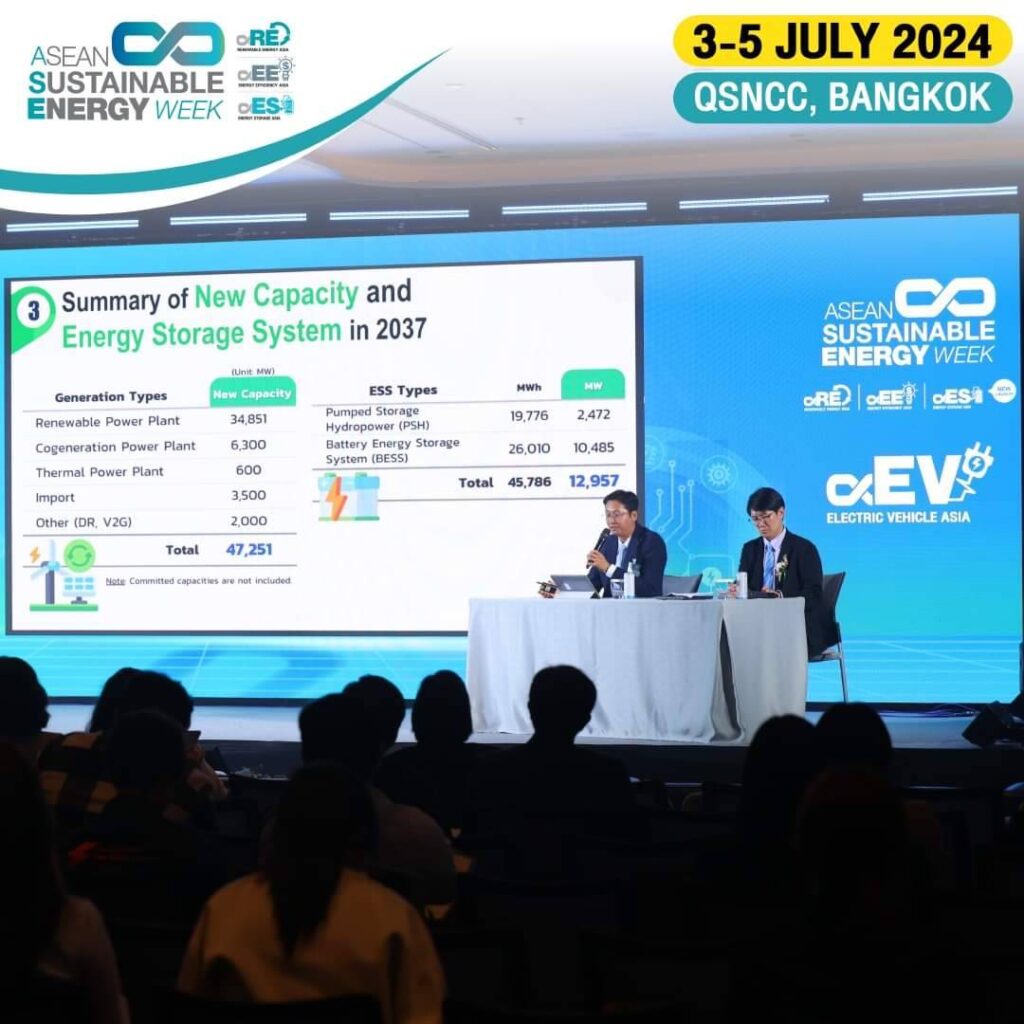
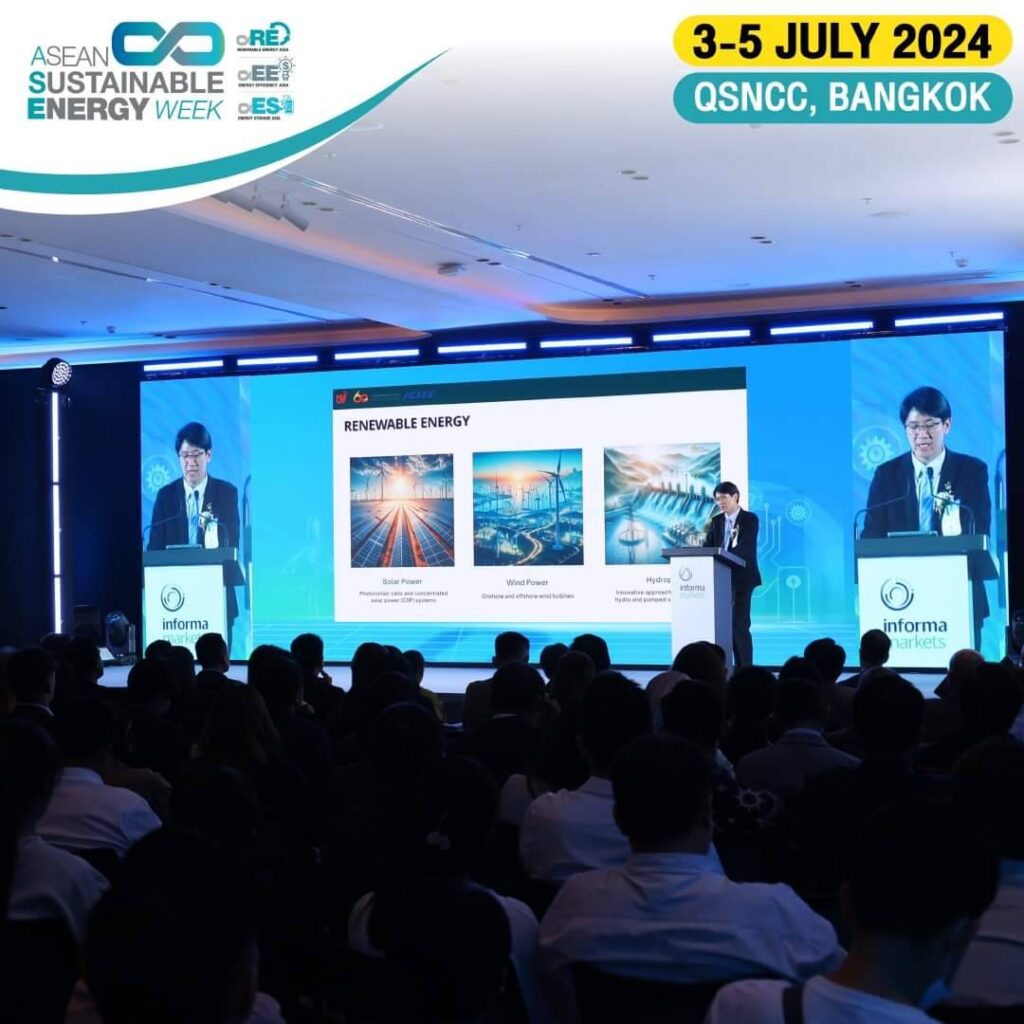
Five concurrent sessions took place in the afternoon, featuring over 20 speakers from Thailand and around the world, including Dr. Visarn Lilavivat from Thailand’s National Energy Technology Center (ENTEC), Dr. Verawat Champreda from Thailand’s National Center for Genetic Engineering and Biotechnology (BIOTEC), Dr. Chanchai Amornvipas from the Energy Regulatory Commission (ERC) of Thailand, Prof. Ir. Dr. Nasrudin Abd Rahim from Universiti Malaya Power Energy Dedicated Advanced Centre (UMPEDAC), Ms. Vicky Janssens from the Foundation for Climate Protection and Carbon Offset Klik, Prof. Saroch Boonsiripant from Kasetsart University, and Asst. Prof. Dr. Phaothai Sin-ampol from Chiang Mai University.
Session I focused on hydrogen technology, sustainable aviation fuels (SAF), and Bio-CCUS. Hydrogen holds significant potential as a reliable and clean energy source and serves as a precursor in the chemical and sustainable aviation fuel (SAF) industries. Bio-CCUS, which combines sustainable biomass conversion with carbon capture, utilization, and storage (CCUS), represents a large-scale technology capable of removing carbon dioxide from the atmosphere. Both academic and research aspects, as well as the industrial applications of these technologies, were presented.
Session II shed light on the clean electricity transition. While its benefit is well recognized, the transition to clean electricity in ASEAN is progressing at a relatively slow pace due to outdated policies, regulations, and market strategies that fail to attract capital investment. Knowledge and experiences among key actors in the region were presented, focusing on the crucial aspects of implementing pro-renewable energy policies, regulations, market designs, and advanced measures to support renewable energy and investment.
Session III took a close look at industrial decarbonization. As the industrial sector is responsible for the majority of greenhouse gas emissions, it plays a crucial role in the net-zero transition. To achieve the goal set forth by the Paris Agreement, businesses must take aggressive actions to reduce their emissions, which requires a fundamental shift in business operations from the ways they source energy to the products and services they deliver. Experts from research and industry shared some viable innovations driving industrial decarbonization.
Session IV provided insights into decarbonization in transport. The session featured discussions on innovative strategies and initiatives aimed at reducing carbon emissions in the transportation sector, including carbon offsetting and integration of electric vehicles into urban mobility systems. Presentations also addressed challenges and opportunities in transitioning to low-carbon transportation infrastructure, emphasizing policy frameworks and industry collaborations.
Session V focused on the use of nature-based solutions (NbS) to facilitate climate adaptation and mitigation in Agriculture-Forest-Land Use sector (AFOLU) – a key source of greenhouse gas emissions in most of ASEAN countries. The session included presentations from AFOLU experts sharing knowledge and examples on Nbs.
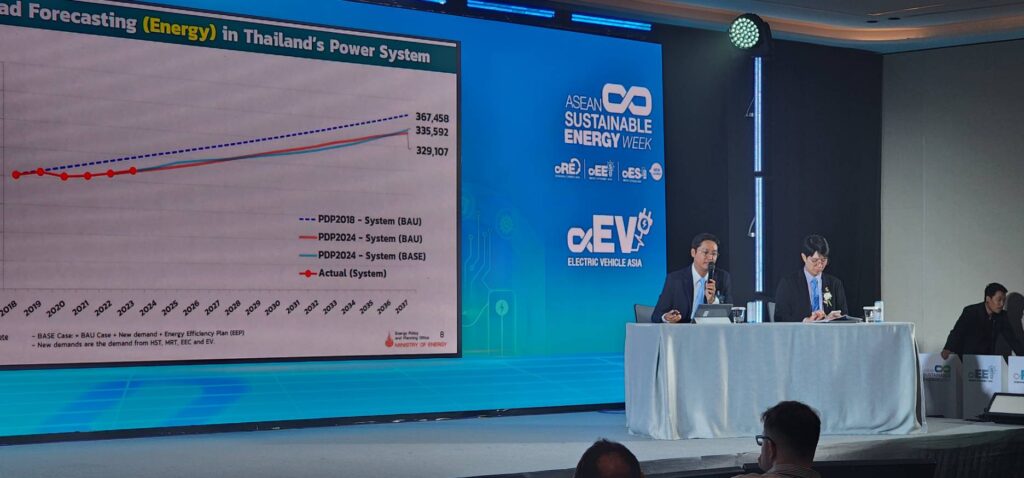
Originating in 2005 through a partnership between the Joint Graduate School of Energy and Environment (JGSEE) at King Mongkut’s University of Technology Thonburi (KMUTT) and UBM Asia (now Informa Markets), the Renewable Energy Asia (REA) Conference is an annual event dedicating to renewable energy. Co-organizers of REA2024 included JGSEE, the Center of Excellence on Energy Technology and Environment (CEE-PERDO), the Thailand Research Fund’s Research Development and Co-ordination Center for Global Warming and Climate Change (THAI-GLOB), Mobility & Vehicle Technology Research Center (MOVE), KMUTT, and Informa Markets.
